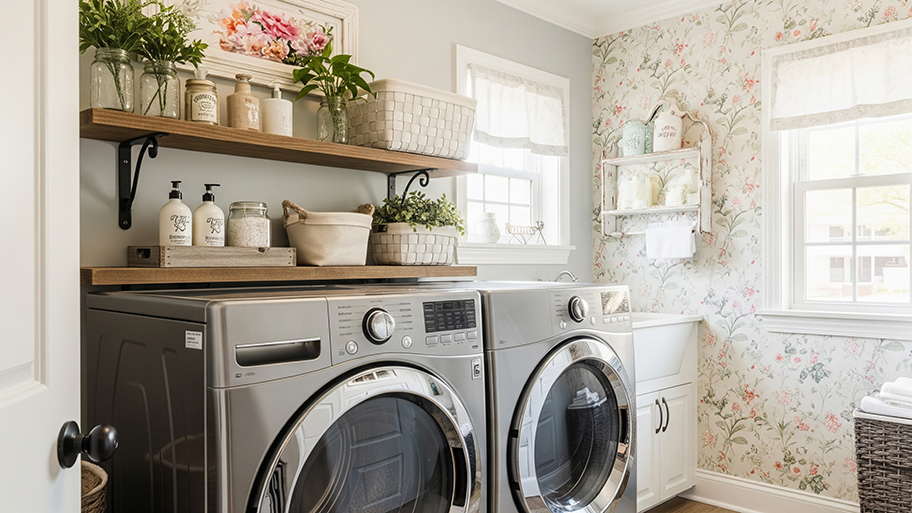
If your refrigerator has been damaged, refrigerator door dent repair cost will vary based on the imperfection's size, depth, and location. Use our guide to estimate how much you'll spend on refrigerator dent repair.
Some models need to be hooked up to hot water; others make their own


Many dishwashers connect directly to the hot water line.
Some hook up to cold water and use an internal heater to warm it up.
Some connect to the hot water supply and use a heating element.
A wash cycle’s water should be at least 120°F.
Some dishwashers heat water to 150°F or more to sanitize dishes.
Maybe you have a trusty dishwasher you can’t live without. Or maybe you’re in the middle of a kitchen renovation and are debating where to install your new dishwasher. Either way, it’s possible you haven’t given much thought to how this time-saving appliance connects to your home’s water. Does it need to hook up to the hot water supply line, or does it use cold water and an internal heating element to achieve the right temperature? The answer depends on the dishwasher model.

Some dishwasher models hook up to the cold water supply line. When you turn on the appliance, water flows into a tub in the base of the dishwasher, where a heating element raises the temperature.
Other dishwashers connect directly to the hot water supply. Or they use a hybrid approach: They connect to the hot water and also have an internal heater to make sure the water’s at the perfect temperature.
Ideally, the water temperature will remain between 120°F and 155°F for the entire dishwasher cycle. Too cold, and the dishes might not get clean enough. Too hot, and the detergent might not work properly. Modern dishwashers often have sensors to ensure the water stays in the ideal temperature range.
No matter what type of dishwasher you have, you can hire a local appliance installation pro to help you properly connect it to the right water hookups in your home.
Today, many dishwashers are Energy Star-certified, meaning they are more efficient. A standard Energy Star-certified dishwasher uses about four gallons of water per cycle. Larger dishwashers or more powerful wash cycles may require more water, upward of nine gallons per load of dishes.
One of the benefits of a portable dishwasher, especially an energy-efficient model, is that it can use as little as two gallons of water per load.
No matter what type of dishwasher you have, the best way to conserve water when using it is to make sure you have a full load before running it.
Your dishwasher might have a sanitizing cycle, but does it really work? Should you splurge a little more at the home improvement store for an appliance with a sanitizing function?
Most of the time, a dishwasher’s standard cycles will adequately clean the dishes. Dishwashers that heat water over 150°F during the final rinse are considered able to sanitize dishes and may be National Sanitation Foundation (NSF)-certified. But keep in mind that sanitizing cycles are best used sparingly, as they require more water and energy and can take up to 1.5 hours longer than a regular wash setting.
From average costs to expert advice, get all the answers you need to get your job done.

If your refrigerator has been damaged, refrigerator door dent repair cost will vary based on the imperfection's size, depth, and location. Use our guide to estimate how much you'll spend on refrigerator dent repair.

The cost to install a wall oven depends on several factors, including the type and size of the oven. Get our full wall oven installation cost breakdown.

The cost to relocate washer and dryer hookups varies based on location, as well as whether your moving the appliances and adding new hookups. We’ve compiled a full price breakdown here.

Who fixes dryers if yours isn’t working? A dryer repair company is a good place to start, but you have some options, including an electrician.

Learning how to determine washer box height in your laundry room will come in handy when you need to access your washer connections.

Burnt popcorn or a candle gone wrong can smell pungent and overwhelming. Find out how to get these smoky smells out of your house for good.